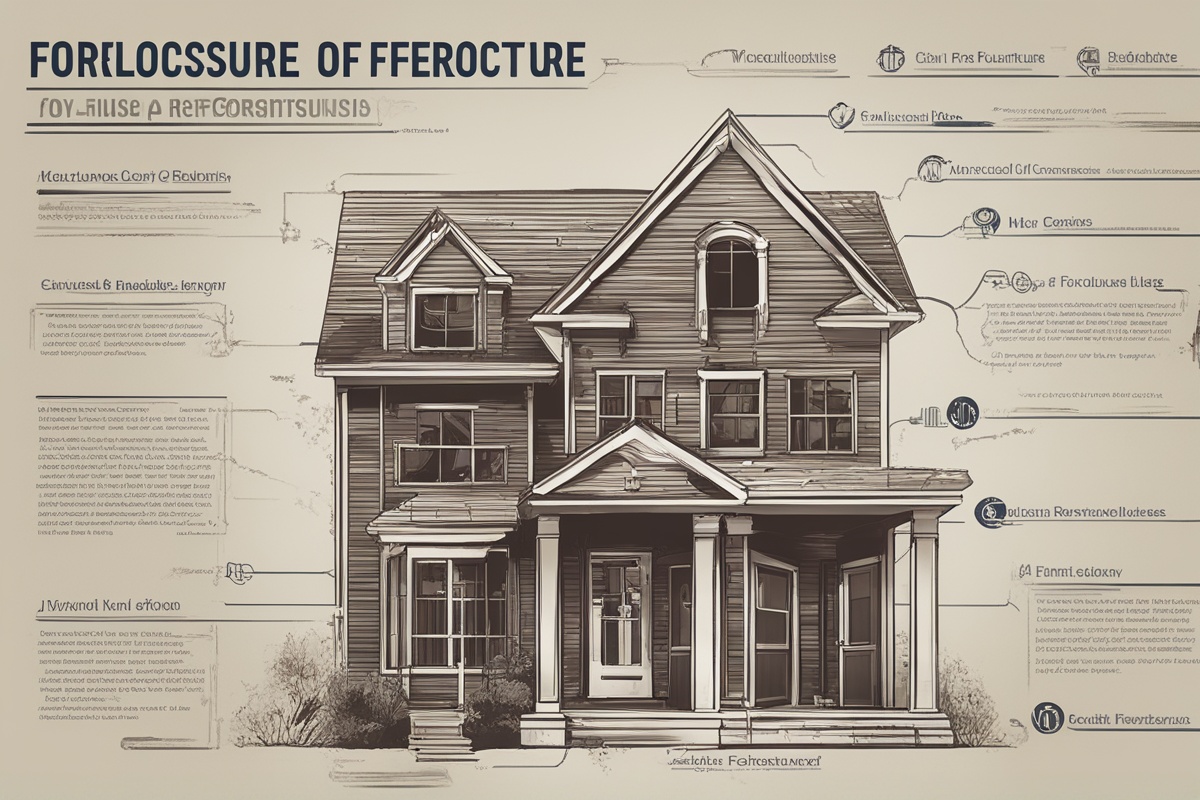Understanding the world of property recovery can be complex, especially if you’re unfamiliar with the specific terminology used in this field. Whether you’re a property owner, an insurance adjuster, or someone navigating the aftermath of a disaster, knowing the key terms in property recovery is essential. This glossary post will break down the most important concepts and phrases to help you better understand the process of restoring and recovering property after damage or loss. From insurance claims to restoration techniques, we’ve got you covered with clear definitions and explanations.
What Is Property Recovery?
Property recovery refers to the process of restoring or reclaiming a property to its pre-loss condition after damage caused by events such as natural disasters, fires, floods, or vandalism. This process often involves multiple steps, including damage assessment, filing insurance claims, and hiring professionals for repairs or restoration. Understanding the key terms in property recovery is crucial for navigating this often overwhelming process with confidence. By familiarizing yourself with these terms, you can communicate effectively with insurance providers, contractors, and other stakeholders.
Essential Key Terms in Property Recovery
Below, we’ll explore some of the most commonly used terms in the property recovery industry. These definitions will provide clarity and help you make informed decisions during the recovery process.
- Damage Assessment: This is the initial evaluation of a property to determine the extent of damage after an incident. A professional assessor or insurance adjuster typically conducts this to estimate repair costs and document losses for claims.
- Insurance Claim: A formal request made to an insurance company for compensation or coverage for damages or loss. Filing a claim is often the first step in the property recovery process.
- Restoration: The act of repairing or rebuilding a property to its original condition before the damage occurred. This can include structural repairs, cleaning, and replacing damaged materials.
- Mitigation: Actions taken to prevent further damage to a property after an incident. For example, boarding up broken windows or drying out flooded areas to prevent mold growth.
- Salvage Value: The estimated value of damaged property that can still be sold or repurposed. This term is often used in insurance claims to determine compensation.
Insurance-Related Terms in Property Recovery
Insurance plays a significant role in property recovery, and understanding related terminology can help streamline the claims process. Here are some key terms to know:
- Deductible: The amount a policyholder must pay out of pocket before insurance coverage kicks in for a claim. Knowing your deductible is essential when budgeting for recovery costs.
- Policy Coverage: The specific types of damage or loss that an insurance policy will cover. Coverage varies widely, so it’s important to review your policy details.
- Adjuster: A professional hired by an insurance company to evaluate damage, investigate claims, and determine the payout amount. Adjusters play a key role in property recovery.
For more information on navigating insurance claims, check out our detailed guide on understanding the insurance claims process.
Restoration and Repair Terminology
The physical process of property recovery often involves restoration and repair work. Familiarizing yourself with these terms can help you communicate effectively with contractors and service providers.
- Remediation: The process of addressing specific issues like mold, water damage, or hazardous materials in a property. Remediation is often a critical step before full restoration can begin.
- Reconstruction: The rebuilding of damaged structures or areas of a property. This term is often used when damage is extensive and requires significant repair work.
- Contents Recovery: The process of salvaging, cleaning, and restoring personal belongings or contents within a property after damage. This can include furniture, electronics, and other items.
Learn more about the restoration process in our post on top property restoration tips.
Legal and Financial Terms in Property Recovery
Property recovery often involves legal and financial considerations, especially when dealing with insurance disputes or contractor agreements. Here are some key terms to understand:
- Depreciation: The reduction in value of a property or its contents over time due to wear and tear. Insurance companies often factor depreciation into claim payouts.
- Subrogation: A legal process where an insurance company seeks to recover the amount paid on a claim from another party responsible for the damage.
- Lien: A legal claim against a property, often placed by contractors or service providers to ensure payment for services rendered during recovery.
For additional insights on managing financial aspects, read our article on financial planning after property damage.
Why Understanding Key Terms in Property Recovery Matters
Having a solid grasp of the key terms in property recovery can make a significant difference in how smoothly the process goes. It empowers you to ask the right questions, negotiate effectively with insurance providers, and ensure that contractors are addressing all necessary aspects of the recovery. Miscommunication or misunderstandings due to unfamiliar terminology can lead to delays, additional costs, or incomplete repairs. By educating yourself on these terms, you’re better equipped to advocate for your needs and achieve a successful recovery outcome.
If you’re looking to deepen your knowledge further, explore our glossary of property damage terms or check out our comprehensive guide on disaster recovery basics.
Disclaimer: The information provided in this article is for general informational purposes only and should not be considered legal, financial, or professional advice. Property recovery processes and terminology may vary depending on your location, insurance policy, and specific circumstances. We recommend consulting with a qualified professional, such as an insurance adjuster, legal advisor, or restoration expert, before making decisions related to property recovery. The authors and publishers of this content are not responsible for any actions taken based on the information provided.
References
- Insurance Information Institute – Understanding Your Insurance Deductibles
- FEMA – Individual Assistance Program for Disaster Recovery
- InterNACHI – Water Damage Restoration Guidelines
- IRS – Tax Topic 515: Casualty, Disaster, and Theft Losses
- FTC – Hiring a Contractor for Property Repairs
This content is for informational purposes only and not a substitute for professional advice.





